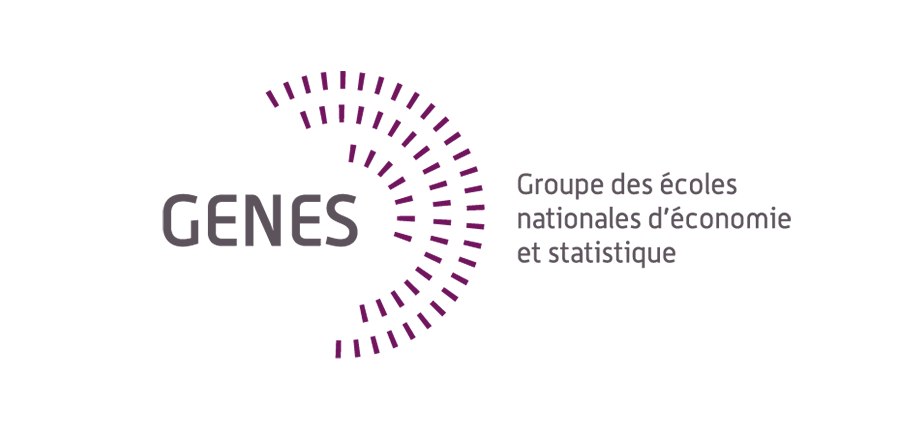Group of the national schools of economics and statistics

GENES, a data & engineering ecosystem
ENSAE Paris is a school of the Groupe des Écoles Nationales d'Économie et Statistique (GENES), a public institution of higher education and research attached to the Ministry of the Economy and Finance and for which INSEE is the technical supervisor. Since January 1, 2011, GENES has had the status of a public scientific, cultural and professional institution (EPSCP), constituted as a major institution within the meaning of Article L. 717-1 of the Education Code.
In addition to ENSAE Paris, GENES brings together in a "data science and economics" ecosystem
- another engineering school located in Rennes, ENSAI
- a continuing education component, ENSAE-ENSAI Formation Continue
- a joint research unit, CREST, which brings together, at the Palaiseau site, ENSAE Paris researchers (in statistics, economics, sociology, finance and insurance), CNRS researchers and researchers from the economics department of the École Polytechnique
- a private-sector development subsidiary, Datastorm, which provides consulting and expertise to the public and private sectors
- a foundation, the ENSAE-ENSAI Foundation, which is recognized as being of public interest and whose purpose is to contribute to the influence of GENES and its two grandes écoles, ENSAE Paris and ENSAI, in France and abroad. The ENSAE-ENSAI Foundation is a foundation under the aegis of the École Polytechnique Foundation, which has been authorized since December 2020 to host foundations with similar objectives.
With the exception of ENSAI, which is located in Rennes, all of the group's units are now located in the new building in Palaiseau, on the Paris-Saclay campus.
GENES is also :
- a member of the Centre d'Accès Sécurisé aux Données (CASD), a public interest grouping associating GENES, INSEE, CNRS, École Polytechnique and HEC Paris: CASD offers French, European and North American researchers a secure access service for confidential data for non-profit research, study, evaluation or innovation purposes; it also has the mission of promoting the technology developed to secure access to data in the private sector
- co-supervisor of the Institute of Public Policy (IPP), with PSE - Paris School of Economics. The IPP aims to promote the quantitative analysis and evaluation of public policies using the most recent methods in economic research.
This ecosystem is structured according to a strong thematic logic, with the various components implementing research and training of excellence appreciated by companies and administrations in the fields of economics and statistics, sociology, marketing, finance, massive data and statistical learning (machine learning). Anchored in a profoundly multidisciplinary approach, they offer cutting-edge expertise in these different fields of quantitative social sciences, based on systematic use of mathematical modeling and the most advanced empirical approaches.









